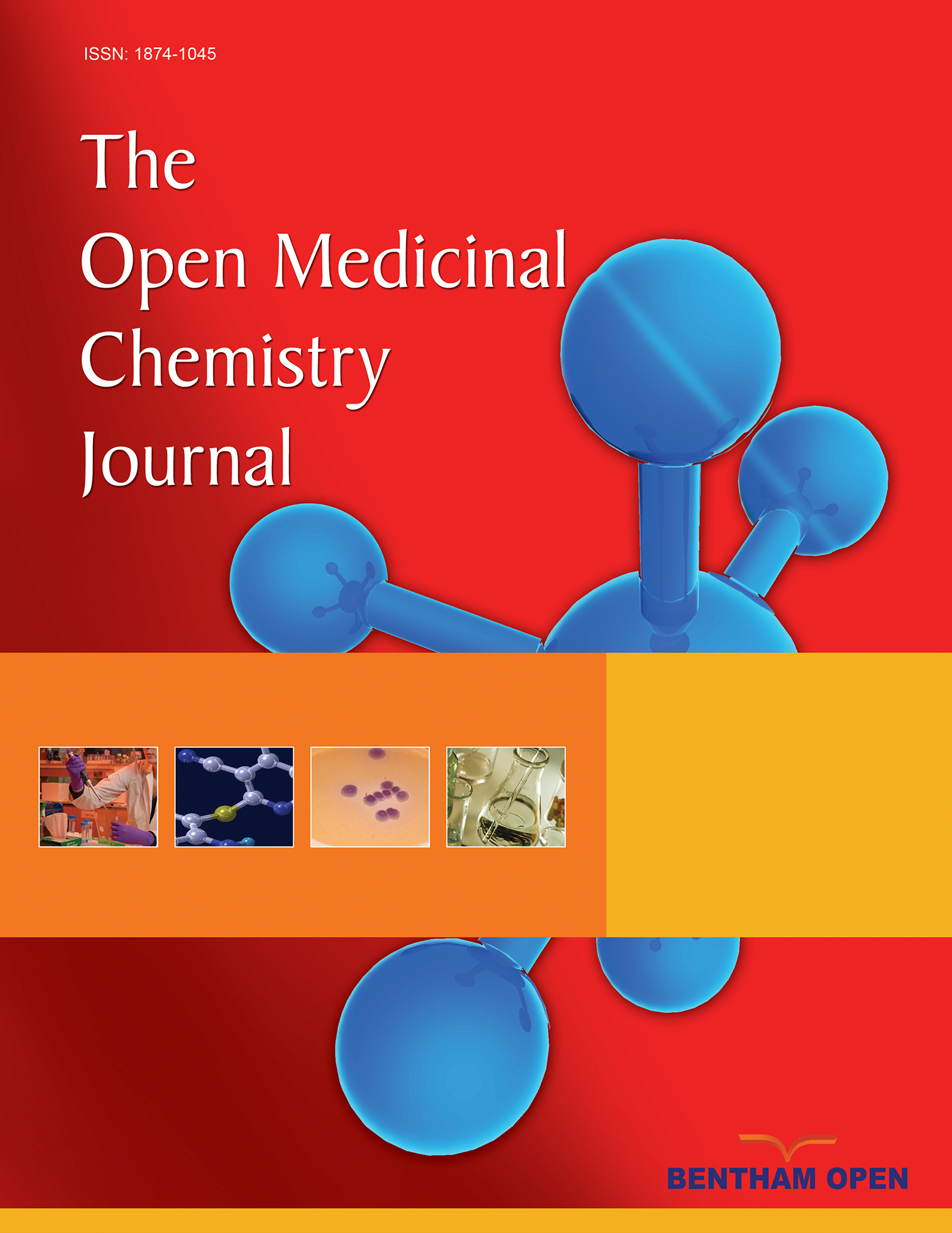All published articles of this journal are available on ScienceDirect.
The Effects of Foliar Spray of Chitosan Nanoparticles on Tomato Resistance Against of Cuscuta Campestris Yunck
Abstract
Background:
Crop yield is limited by several factors. One of these factors is biotic stress. Among biotic stresses, parasitic plants have the greatest role in reducing plant growth and productivity. On the other hand, the multiple uses of pesticides and herbicides have a negative impact on the environment and agricultural products. As an eco-friendly compound, chitosan stimulates the defense system, increases plant resistance to biotic and abiotics stresses, and increases crop growth and productivity.
Methods:
In this study, the tomato plant was infected with Cuscuta campestris Yunck and sprayed with chitosan nanoparticles with a molecular weight of 50 kDa for 4 weeks and once a week. Four weeks after the infection, plants biomass, protein concentrations, antioxidant enzyme activity (SOD, CAT, APX, POD), and phenolic metabolism (PAL, PPO, total phenolic components, lignin) were measured.
Results:
In this study, chitosan application increased biomass in Dodder-infected and non-infected plants. The concentration of soluble proteins also increased. In Dodder-infected plants, the activity of antioxidant enzymes increased and the application of chitosan further increased the activity of these enzymes. Phenol metabolism as a defense mechanism in Dodder-infected plants increased compared to the control and chitosan application intensified phenol metabolism. SDS-PAGE analysis investigated that strong bands are formed in the range of 200 and 60 kDa in chitosan treatments and chitosan-treated infected plants.
Conclusion:
These bands were also observed in Dodder-infected plants that were not treated with chitosan.


